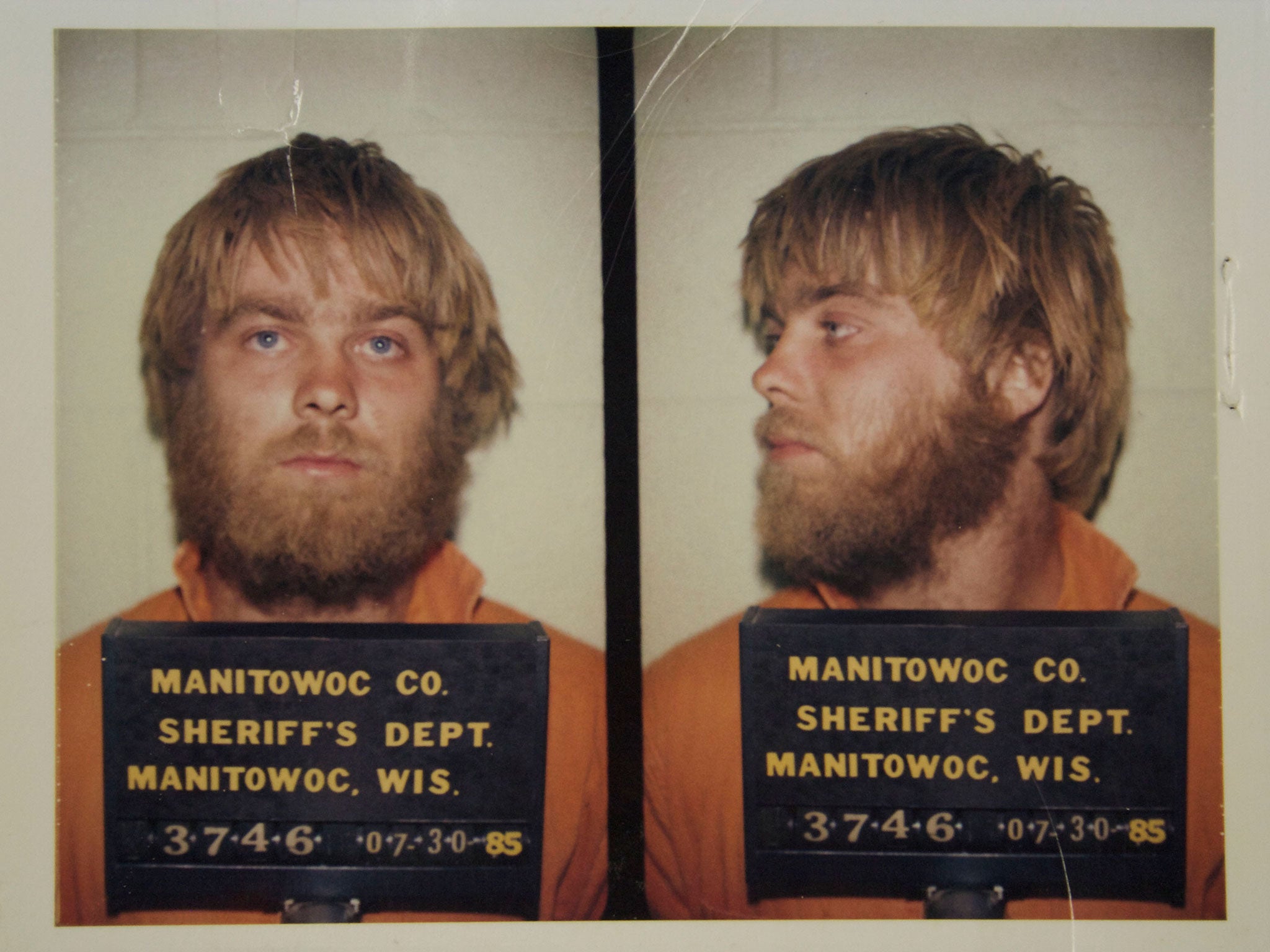Making a Murderer: Steven Avery jurors 'feared for their personal safety' if they didn’t convict subject of Netflix series, filmmakers say
One of the jurors has come forward to say that they ‘believe that Steven was framed by law enforcement and that he deserves a new trial’, the creators said

The jurors in the case covered in Netflix’s Making a Murderer feared for their personal safety if they did not convict Steven Avery, according to the filmmakers.
The creators of the series, Laura Ricciardi and Moira Demos, have said that one of the jurors in the case has told them that they believe that “Steven Avery was framed by law enforcement”.
Avery “deserves a new trial”, the juror reportedly told the filmmakers. “And if he receives a new trial, in their opinion, it should take place far away from Wisconsin.”
The filmmakers said that they had asked the person to explain why they had voted that Avery was guilty, if they were uncertain about the case. “What they told us was that they feared for their personal safety,” Ms Demos said.
The film discusses the fact that some of the jurors are thought to have initially believed that Avery was not guilty. But the filmmakers said that the juror was afraid of sticking to that position and sending the case to a mistrial because they were worried for themselves, they said.
"They told us really that they were afraid that if they held out for a mistrial that it would be easy to identify which juror had done that and that they were fearful for their own safety,'' Demos said.
Ms Riccardi and Ms Demos also said that there was an explicit discussion of trading votes in the case. That is suggested in the film as a potential explanation of the differing votes on various related counts.
Join our commenting forum
Join thought-provoking conversations, follow other Independent readers and see their replies
Comments
Bookmark popover
Removed from bookmarks